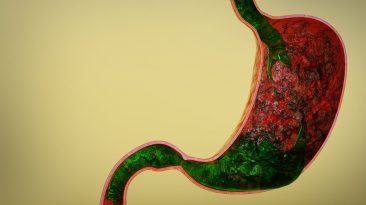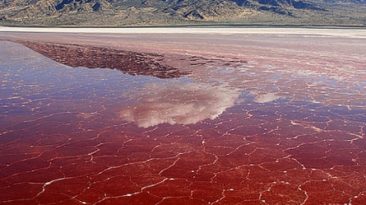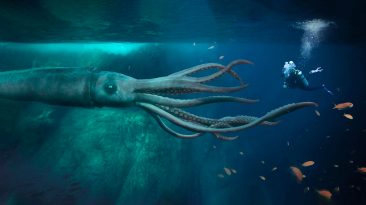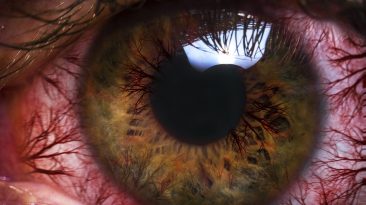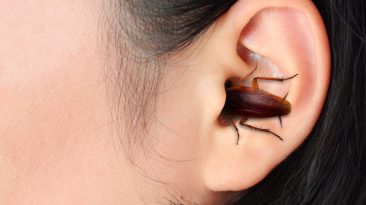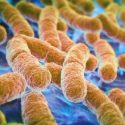Have you heard of something called water fasting? It’s a type of fast that restricts everything except, well, water. Most people only water fast for 72 hours at most, but what if you did this for the rest of your life? You’d be fine, right? Haha, yeah. Not so much. What happens to your stomach without food? What damage will you do to your organs? And how many days can you last?
Water is pretty important. And when I say pretty important, I mean absolutely essential. Your own body is 60% water. That’s a big chunk if you ask me. Drinking only water can have some pretty big perks. It can lower the risk of heart disease, diabetes and even certain cancers. Sounds great, right? Do you think you could try this water-only diet? You could?
Well, hey, I love your energy, but, uh, I’ve got some bad news. You’ve got 70 days. Tops. Day 1, you start your water-only diet and you’d be feeling OK. Good even. By day 2, you’d start to feel hungry and angry, or as the scientific community calls it, hangry. That’s because your body would be running out of its glucose supply.
Glucose is your body’s primary energy source, and you stock up on it when you consume carbohydrates. But now that you’ve sworn off food, your body would be frantically searching for its next glucose fix. After day 5, you could lose 2 kg (4.4 lb) every day. This is due to the one-two punch of dehydration and electrolyte imbalance.
So, what happens next? By day 10, your body would have adjusted to the lack of food and would be in a state of ketosis. This is where your body would start breaking down fat for energy instead of glucose. You might even feel a little better, but don’t be fooled. You’re a hurting unit.
The more fat reserves you have, the longer you’d survive. But once all your fat is gone, you’d have nothing to break down but muscle. And in case you forgot, your heart is an organ made up of muscle. This can be incredibly dangerous. When your heart lacks fuel, your pulse and blood pressure will tank. That’s because you couldn’t pump blood normally anymore.
Your proteins would be all broken down at this point, and you’d be barely able to think. That’s because you’d be starving. By day 15, your gastrointestinal system would be wrecked. This would cause stomach pain, vomiting and, my personal favorite, bacterial infections. Day 30, and things would be looking even worse.
Your body would be in a state of malnutrition, and you’d feel weaker than ever. You can look forward to various health problems, like dizziness, headaches and difficulty concentrating. As the days went on, you’d continue to deteriorate. By day 40, you’d experience more severe symptoms, such as extreme fatigue, rapid weight loss and muscle wasting.
You’d also have to worry about serious health problems like kidney failure or sepsis. By day 50, you, uh, you don’t look so good. You’d be extremely weak and unable to do much on your own. You’d also be at high risk of death from organ failure or infection. Did you know that most people die not from starvation, but from infectious diseases?
Yeah, your immune system suffers while you’re perpetually starving because of the deficiency of vitamins and minerals. This leaves you open to all sorts of nasty germs. If you made it to day 70, it’s unlikely that you’d survive much longer on a water-only diet. You’d be severely malnourished and reeling from a greatest-hits compilation of health problems.
But hey, you did it! And we’re sending the medics to you right now. Was it worth it? Well, no. Not really. A water-only diet is not sustainable in the long term. A balanced diet is essential for maintaining good health. It’s kind of fascinating though, right? Despite being on the brink, you still made it to 70 days.
Sources
- “Your Digestive System (For Kids) – Nemours Kidshealth”. 2023. kidshealth.org.
- “What Does Food Provide In The Human Body?”. Jan Annigan. 2023. healthyeating.sfgate.com.
- “What Would Actually Happen To Your Body If You Stopped Eating? “. Ellen Scott. 2015. metro.co.uk.
- “What Happens When We Starve? Phases of Starvation”. Thomas C. Weiss. 2016. disabled-world.com.
- “Everything You Should Know About Refeeding Syndrome”. 2023. healthline.com.












